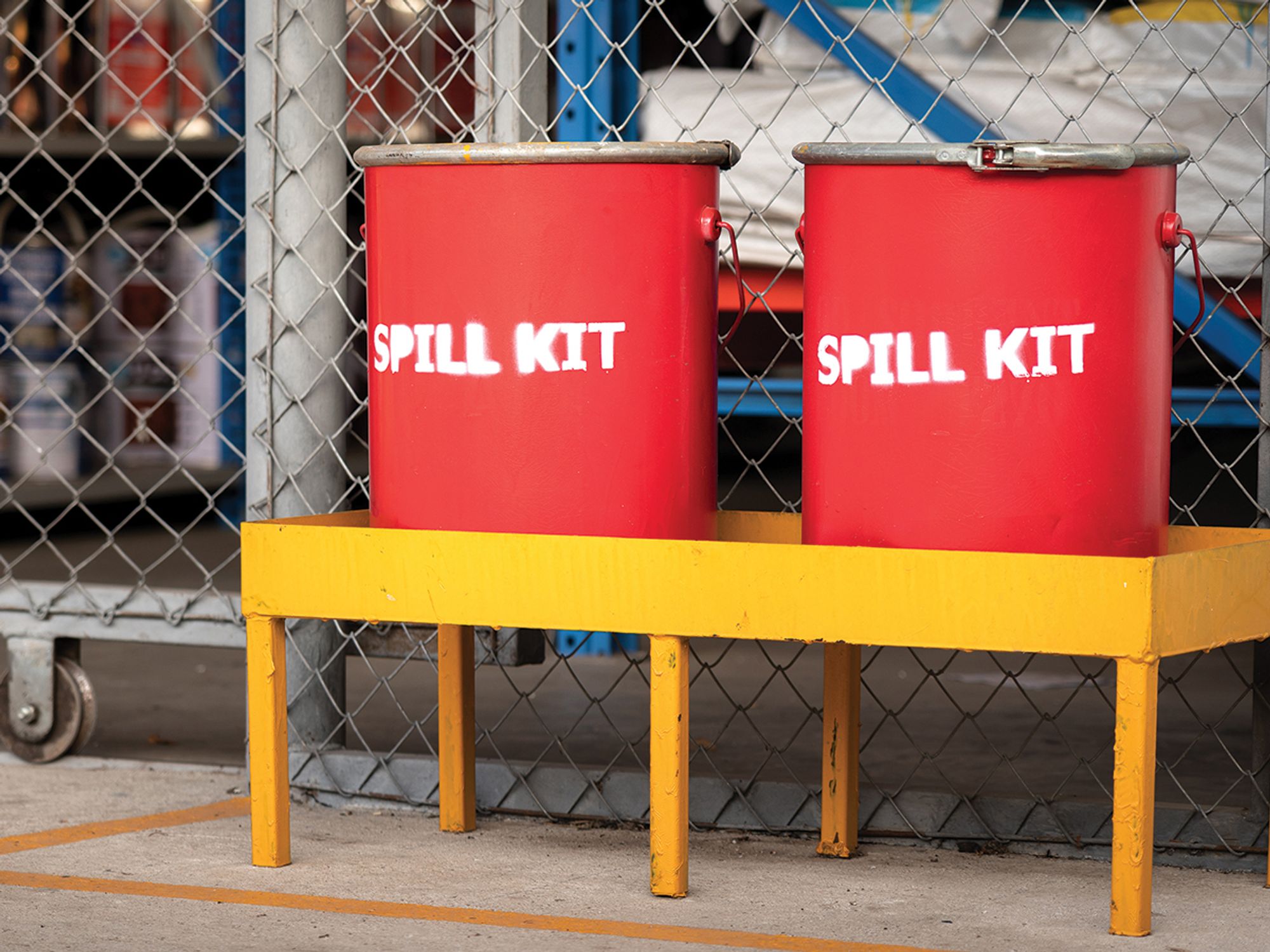EPCRA: Emergency planning notification for EHSs

- EPCRA requires facilities to provide information on the presence of hazardous chemicals and on the releases, both accidental and routine.
To address the risks posed by the presence of chemicals in our communities, Congress established a framework for emergency planning at the state and local levels. The Emergency Planning and Community Right-to-Know Act (EPCRA) requires facilities to provide information on the presence of hazardous chemicals and on the releases, both accidental and routine.
This information is collected, maintained, and used by state and local committees consisting of representatives from community organizations, such as hospitals, police and fire departments, and emergency response teams. These committees serve as the liaison between facilities and the community, developing emergency plans and making the collected information publicly available.
Applicability
The owner or operator of a facility must comply with the emergency planning requirements at 40 CFR 355 if the facility meets either of the following two conditions:
- Any listed extremely hazardous substance (EHS) is present at the facility in an amount equal to or greater than its threshold planning quantity (TPQ); or
- The facility has been designated for emergency planning purposes, after public notice and opportunity for comment, by one of the following three entities:
- The State Emergency Response Commission (SERC);
- The governor of the state in which the facility is located; or
- The chief executive officer of the Indian Tribe under whose jurisdiction the facility is located.
